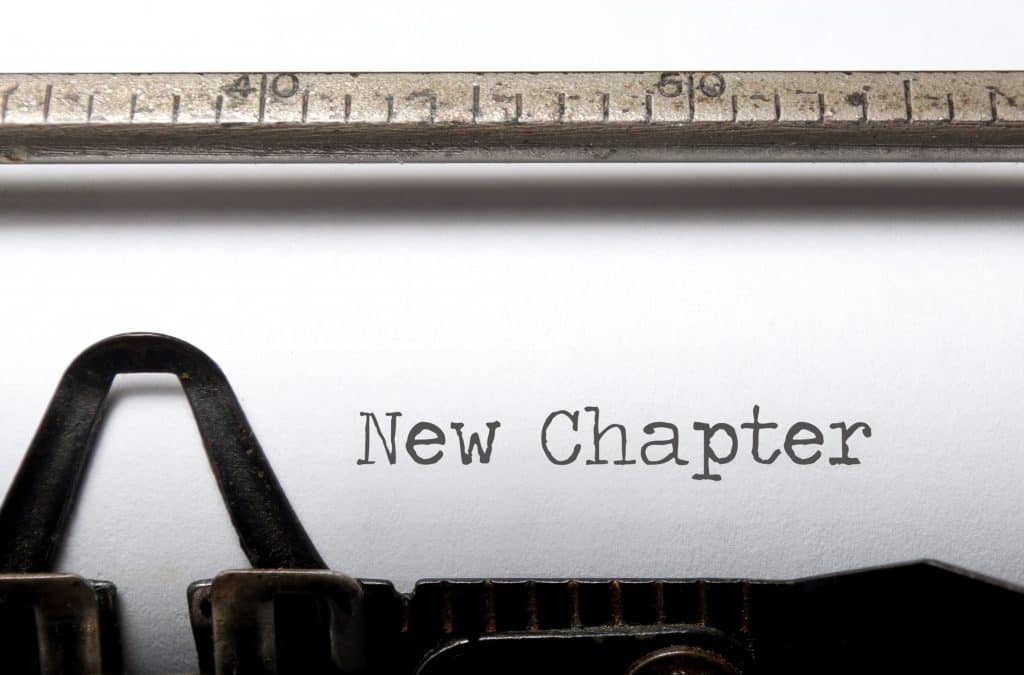Whether you’re a professional looking to switch careers, a manager trying to figure out how to ease your team into accepting new policies, or a stay at home mom returning to the workforce, there’s one thing that always stays the same: change.
No two people think the same way or make the same types of decisions, so when you’re facing change, one of the most important things you can do is come to a sound understanding of yourself and others who may also be involved in the change process.
Tools like DISC, a non-judgmental, research-based system that helps you understand people on a more comprehensive level, can make all the difference here. DISC identifies four personality levels, each of which has their own set of motivators, behaviors and preferences. Being able to recognize and respond to these motivators and behavioral patterns in yourself AND others, will give you an advantage in anticipating potential conflicts or stumbling blocks as you move forward in your career or seek to move your team forward.
Let’s take an example: If you’re an “S,” or Supportive Personality Style, the idea of change could be frightening, or even cause you to shut down. Those sweet, supportive “S” types need stability, and tend to thrive in careers related to teaching, human resources, customer service, real estate, artistic endeavors, and research. If you’re a manager looking to help an “S” employee accept change, you’ll need to take special care to help him or her maintain a sense of security and see the positive in the situation.
Here’s a brief overview of how each of the four personality styles may react to change:
D: They are going to drive it (new tasks are a challenge)
I: They are going to love it (innovative projects are enjoyable)
S: They are going to run and hide or try and stop it (seeing that change brings opportunity will help)
C: Some will just accept and endure it (seeing that taking a risk can be profitable will help)
The results of a DISC profile can be a good indicator of how someone will react to a changing environment, whether it’s personal or professional. Once you know this information, you can put it into action to improve your or your team’s chances for successfully navigating change.
If you’re looking to put your self-knowledge to work in a new job, there are some more decisions to make: do you go with a chronological, functional, or combination resume? What keywords should you include to improve the chances your resume will be read? How do you write a cover letter that will make a great and lasting first impression?
A well-constructed resume and cover letter will put your newly acquired self-knowledge to good use in helping you secure a job that is suited to your skills and personality style. For a short and free resource on resumes, check out 10 Ways to Up Your Resume Game When Changing Careers.
For more information on DISC, contact Kathy Marcino of KMM DISC Consulting at 215-327-0054 or kathy@kmmdisc.com.
For help with resumes and cover letters, contact Marissa Polselli of Wordtree, LLC at 484-451-8111 or contact@wordtree.net.

